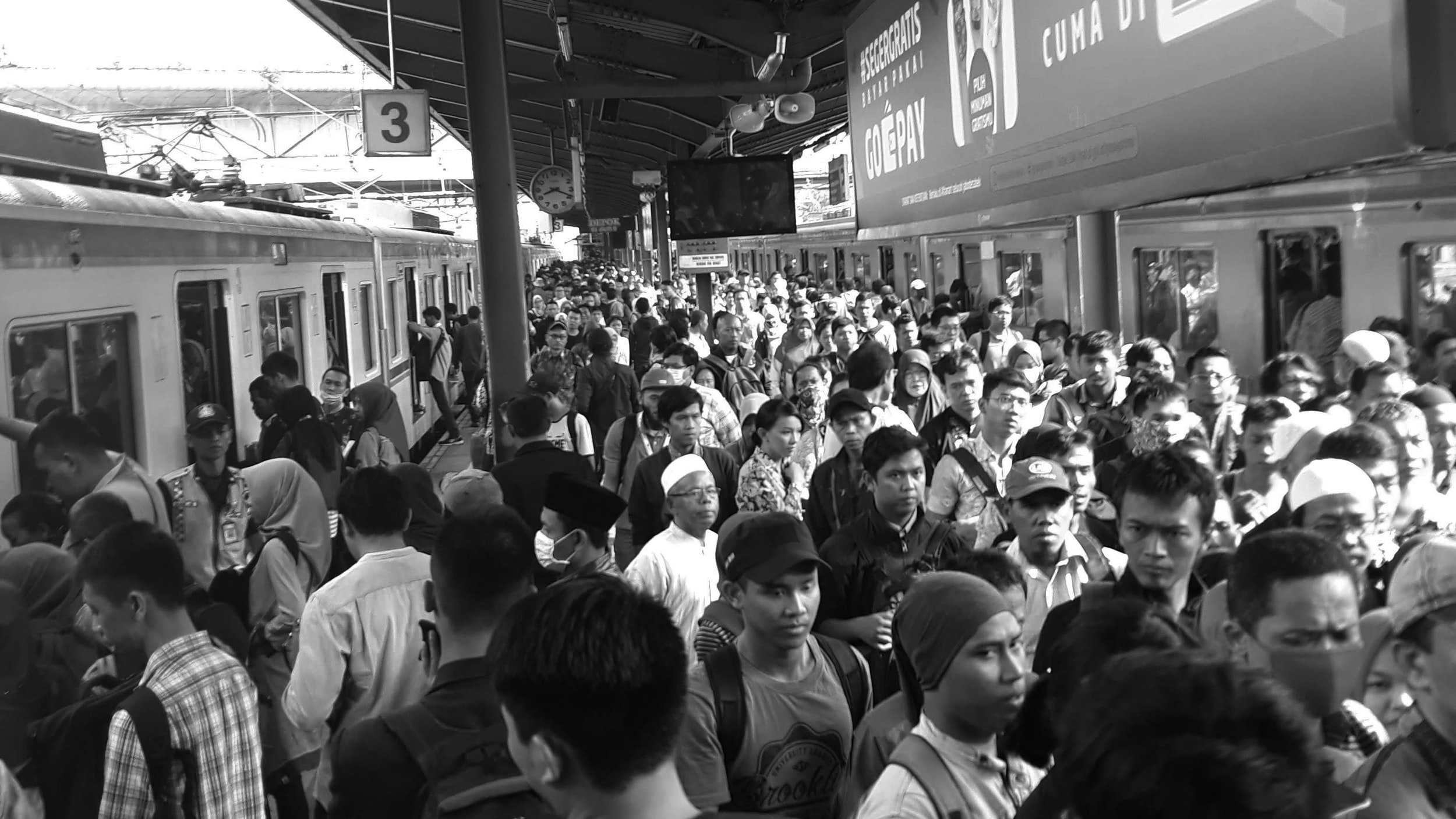
Surplus Populations
Surplus populations, agrarian transitions, and new forms of welfare
I started to rethink the question of agrarian transition in the context of my involvement in a major collaborative research program The Challenges of Agrarian Transition in Southeast Asia. My ethnographic work, and the synthetic work three of us undertook in Powers of Exclusion, confirmed that the old way of life on the land was becoming increasingly difficult across the region, but the assumed trajectory into waged work was not taking place. I developed this theme further in response to the World Bank’s Report on Agriculture (2008) which overlooked globalization to express a faith that agrarian transitions from farm to factory, and country to city, would – sooner or later – take place in each country. The report’s faith seemed to me misplaced: some populations, nations, and parts of the globe are now, or will become, surplus to the requirements of globally circulating capital. For highlanders pushed off the land in Sulawesi, for example, the creation of manufacturing jobs in China is no help. My ethnographic research in rural Indonesia, and my observations of young people struggling to find work in urban Canada as well, led me to question the notion that everyone who is willing to work can find a productive niche. New policies and politics are needed to distribute the means to secure a decent life. This is a theme I will continue to examine, both ethnographically and comparatively, as I consider it to be one of the most pressing issues of our time.







